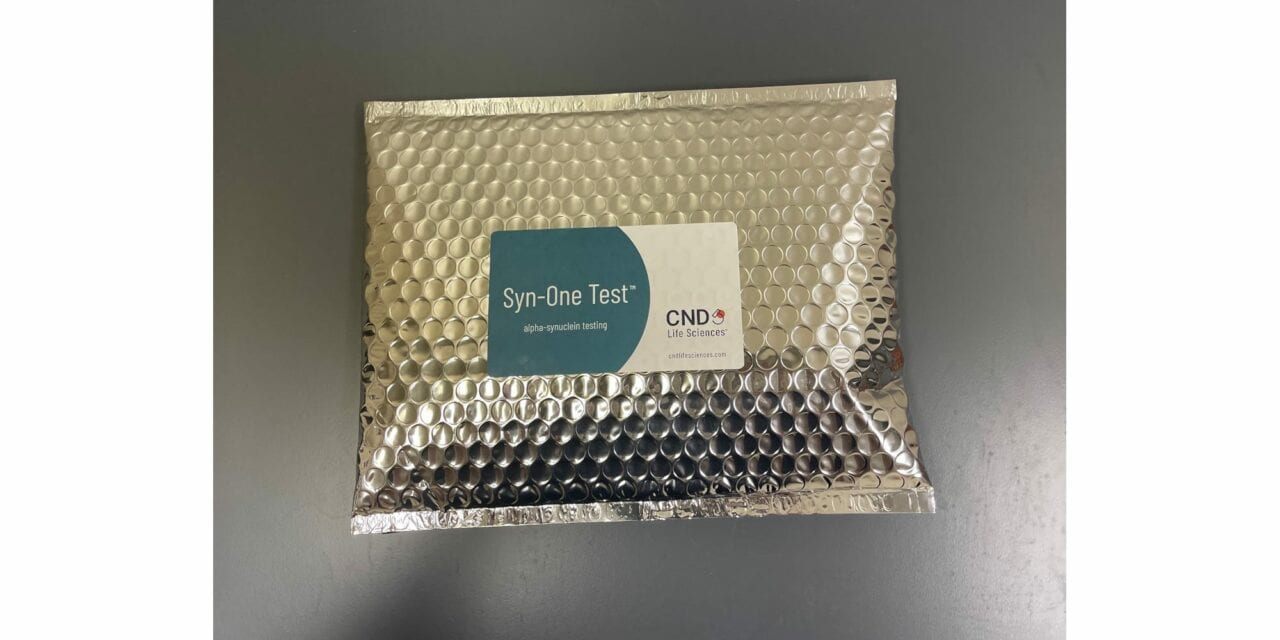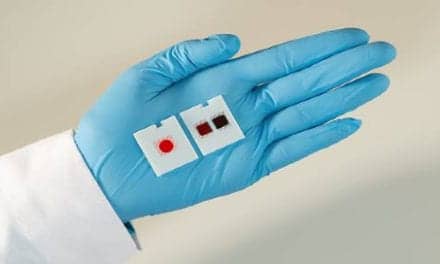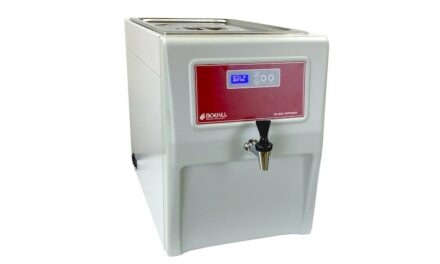CND Life Sciences, a medical technology company pioneering the development of cutaneous neurodiagnostics, announced topline results from its landmark Synuclein-One Study sponsored by the National Institutes of Health (NIH). This prospective, multicenter study demonstrated that the company’s Syn-One Test detected the pathological form of alpha-synuclein in the skin of over 95% of patients diagnosed with a synucleinopathy, a group of disorders that includes Parkinson’s disease, dementia with Lewy bodies, multiple system atrophy, and pure autonomic failure.
These results were presented in a platform session at the 75th American Academy of Neurology (AAN) Annual Meeting in Boston and represent a major advancement in the development of more objective, precise, and convenient diagnostic tests for neurodegenerative diseases.
Related: CND Life Sciences, NuFactor Educate Neurology Community About Syn-One Test
“No study has ever demonstrated higher sensitivity and specificity across the synucleinopathies, including those using spinal fluid,” says Todd Levine, MD, chief medical officer of CND Life Sciences and the principal investigator of the study. “These results validate cutaneous alpha-synuclein as a reliable biomarker for Parkinson’s disease and related disorders, allowing us to offer the Syn-One Test as an accessible, patient-friendly diagnostic solution for clinical practice and an important technology for biopharmaceutical trials targeting alpha-synuclein.”
Overall, the 428-participant Synuclein-One Study demonstrated the following performance characteristics of the Syn-One Test:
Sensitivity was 95.5% in detecting phosphorylated alpha-synuclein across all patients with a clinically-diagnosed synucleinopathy.
Sensitivity ranged from 92.7% for patients diagnosed with Parkinson’s disease to 100.0% for those with pure autonomic failure.
Specificity was 96.7% derived from 120 healthy volunteers.
Minimal, non-serious adverse events were reported in only 0.4% of participants.
“Having access to a reliable clinical tool to diagnose the diseases collectively defined as ‘synucleinopathies’ is an urgent unmet need to help optimize treatment pathways for patients,” says Joseph Jankovic, MD, Professor of Neurology and Distinguished Chair in Movement Disorders, Baylor College of Medicine, Houston, Texas. “With a minimally invasive skin-based test like Syn-One, we can offer our patients a higher degree of confidence and accuracy in the diagnosis of Parkinson’s disease, dementia with Lewy bodies, and multiple system atrophy, and differentiate these disorders from other neurodegenerative diseases. This will change how many of these patients are evaluated and treated.”
Neurodegenerative disorders like Parkinson’s disease are misdiagnosed over 30% of the time, particularly early in the disease course. Diagnostic uncertainty can lead to delays in patient care and introduces the possibility of unnecessary tests, procedures, and medications along with increased anxiety for the patient and family. Having a convenient, evidence-based tool that improves the effectiveness of diagnosing neurodegenerative diseases is a major step forward for clinical care and will be vitally important when disease-modifying therapies become available.
“We are grateful for the commitment of over 400 participants and 30 investigator teams in the Synuclein-One Study,” says Christopher Gibbons, MD, senior scientific advisor to CND Life Sciences and the study’s lead author. “The results confirm a decade of research demonstrating that nerves in the skin serve as a unique window into the central nervous system and support the thesis that distinct synuclein deposition signatures and other cutaneous markers can differentiate among the synucleinopathies,” adds Gibbons. “These findings provide immediate benefit to patient care and will help advance novel drug development for neurodegenerative diseases.”





